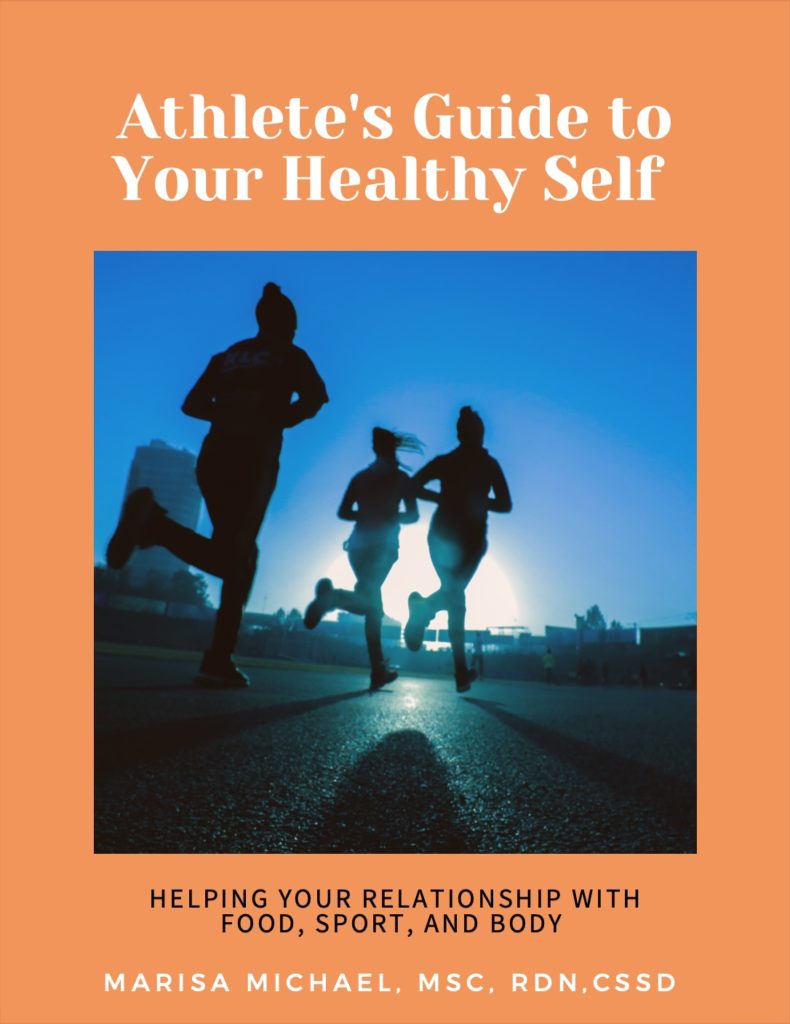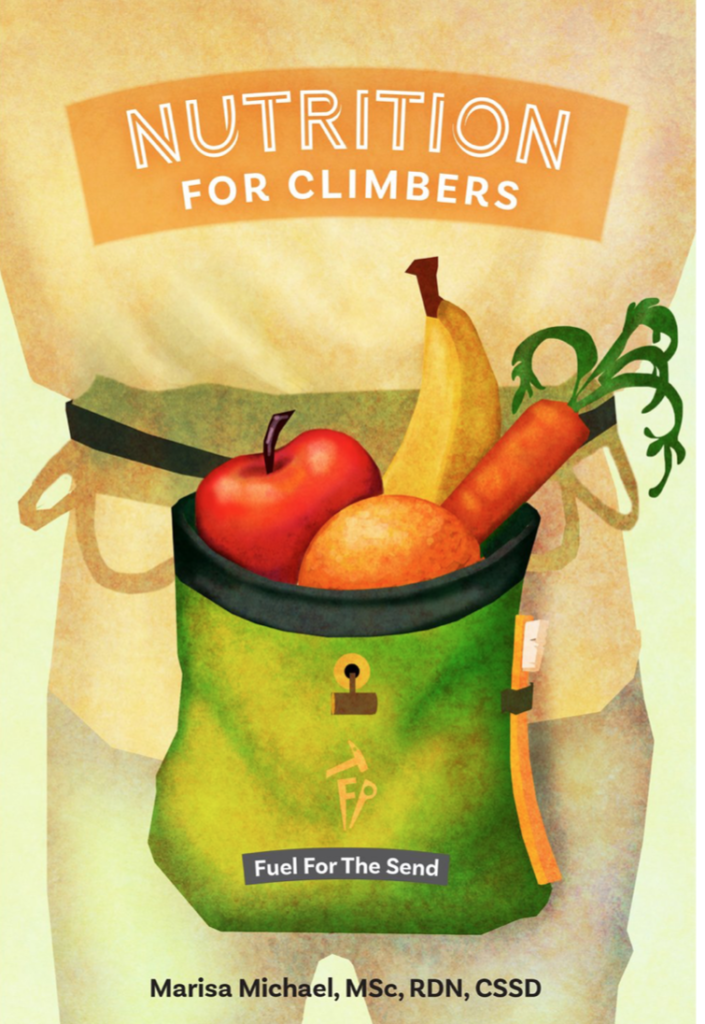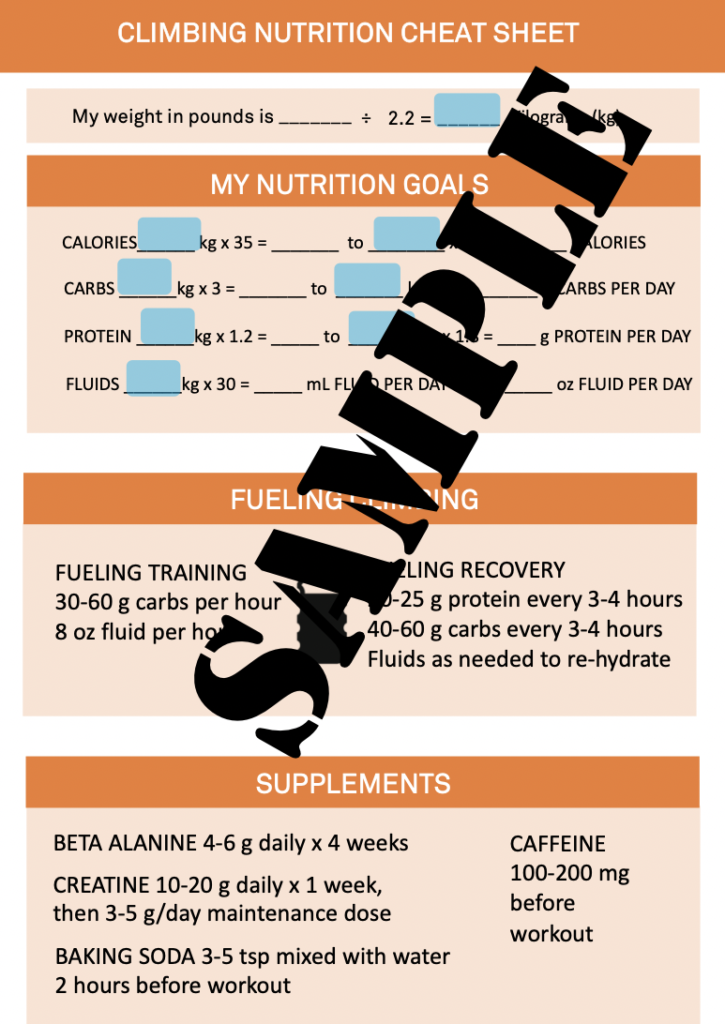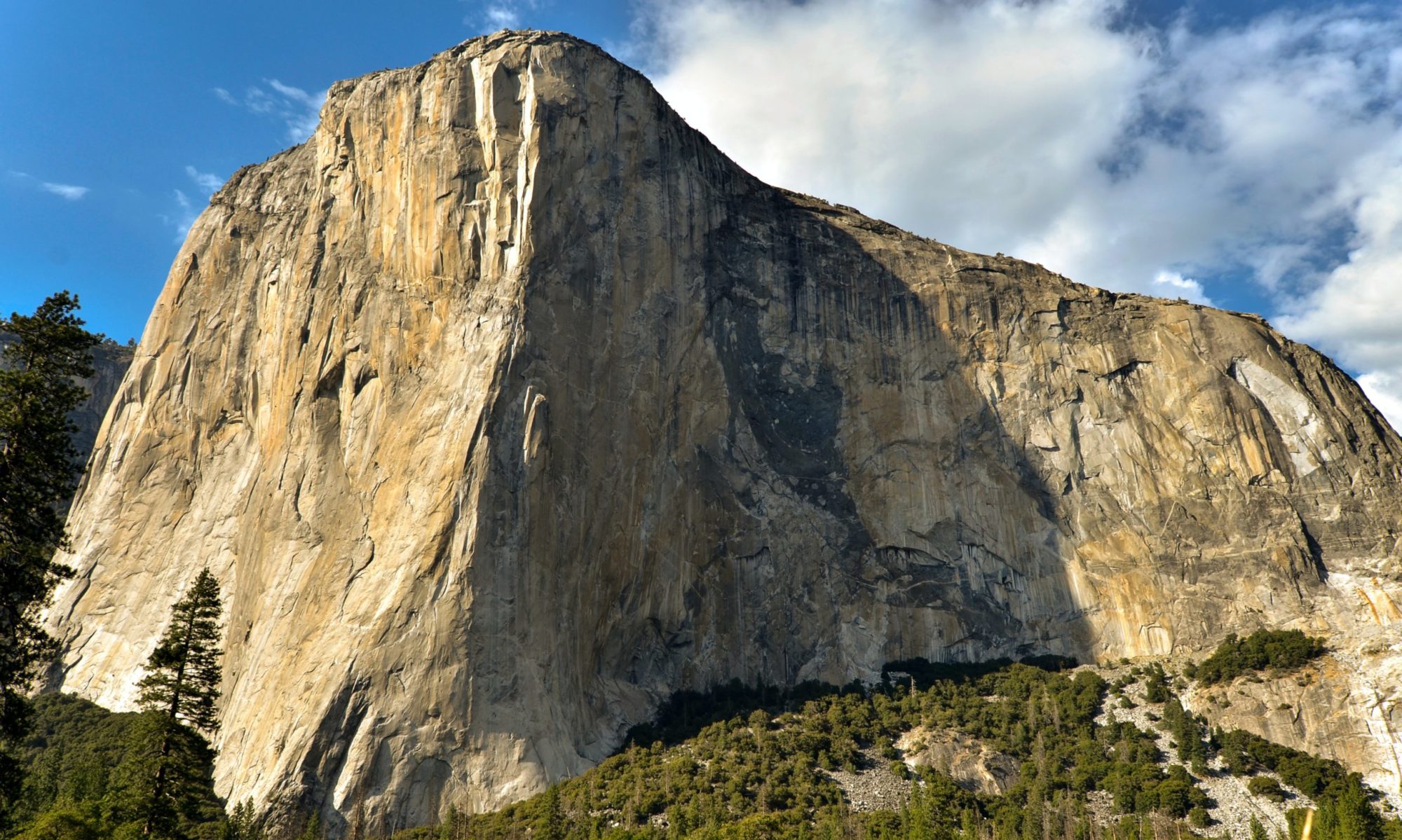The message is pervasive and loud. You must lose weight if you want to climb better. But, do you really?
Nope nope nope. Not really.
We have several studies that look at anthropometrics (measurable body characteristics like weight, height, body mass index, and ape index). Researchers mostly found that anthropometrics did not correlate with climbing ability. Two studies found that only about 1.8-4% of climbing ability is due to anthropometrics.
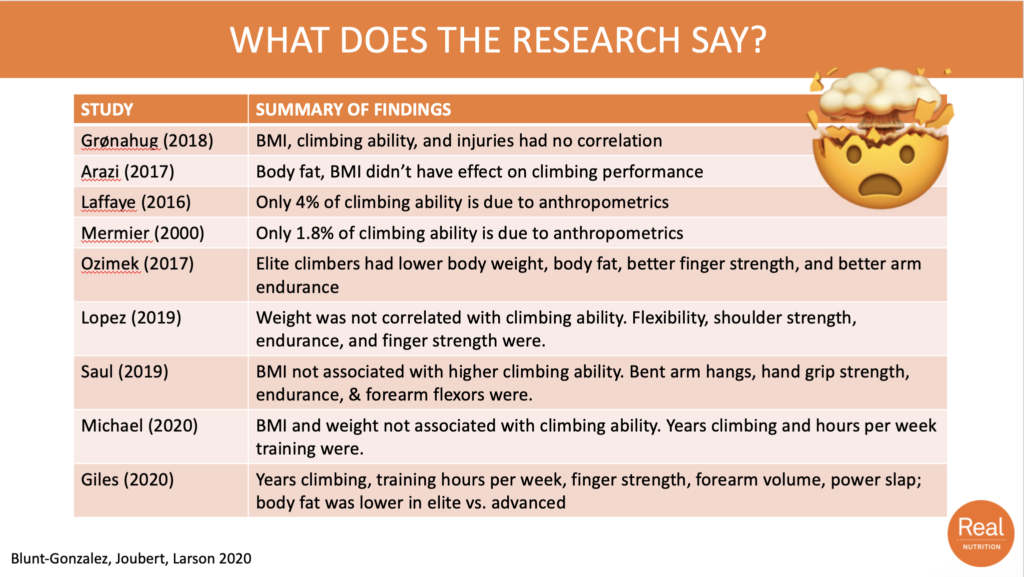
Climbing ability is mostly attributed to trainable aspects, such as flexibility, strength, and endurance. And some non-trainable aspects that come with time, such as hours training per week and years of climbing experience. There may be some instances where a climber could periodize weight loss in order to send a certain project, but this should not be a general recommendation.
What does this tell us about how to improve? Don’t trust that knee-jerk reaction to lose weight in order to send your project. There are many other things you can focus on. Narrowly focusing on weight loss in order to climb better is myopic and often counterproductive. Explore our resource page for more on relative energy deficiency in sport, disordered eating, and how weight loss can negatively impact your climbing and health.
Things you can change to improve climbing ability (besides weight)
- Equipment: Do you have the right shoes for the type of climbing you’re doing? And for your skill level? Shoes can make a difference in how well you climb. One study from the International Rock Climbing Research Association (Nov 2021) showed that speed climbers improved by merely switching to a stiff rubber sole, rather than a softer one. Do you have the right type of harness? Is it comfortable and safe? If it is ill-fitting, you may be climbing worse than if it’s an appropriate fit for your style of climbing and body type.
- Nutrition: Proper fueling can make a huge difference in any sport or training program. Are you fueling with the right kinds of foods at the right time? Are you recovering with the proper macronutrients? Do you eat adequate overall calories? All of these things can make a big difference in your climbing ability over time! Nutrition for Climbers: Fuel for the Send is the definitive guide to climbing nutrition. Fueling right is a no-brainer.
- Hydration: Dehydrated athletes experience greater rate of perceived exertion, decreased cognitive ability, decreased coordination, decreased power, and decreased concentration. All these things are kinda important when climbing. Keep yourself hydrated with the proper electrolytes to stay fresh and strong.
- Strength: This one is pretty obvious. You have to have strength in order to climb up a cliff or wall. A nice, trainable characteristic that has nothing to do with dieting or restricting your food.
- Flexibility: Hello, heel hook. Nice to see you. Glad that could happen because you’re flexible. Ditto for any awkward route that involves specific moves suited to a master yogi.
- Endurance: Ever get winded halfway up the route? One case study (also from IRCRA conference Nov 2021) showed a climber that improved four grades in three months just by training endurance with a structured HIIT (high intensity interval training) program. Endurance is essential for any climber, but particularly big wall/multi-pitch type stuff. Train your endurance to improve your climbing performance.
- Skills: A skilled climber knows how to keep elbows in, hips to the wall, weight the foot correctly, and a ton of other technical skills and bespoke movements that a beginner doesn’t understand. Gaining skills and knowledge of climbing technique is an effective way to improve climbing ability without losing weight.
- Supplements: Although supplements in climbing research is far behind many other sports (I only know of two that looked at beta alanine in climbers), we can draw from other sports with similar movement patterns to determine what supplements may help with climbing performance. Creatine, beta alanine, nitrates, and sodium bicarbonate all are likely beneficial and well-researched in athletes. (Always check with your doctor before adding any supplement to your routine).
- Mental training: A route can shut you down if you’re not in the right state of mind. Outdoor climbers face unknowns such as weather, rock integrity, anchor integrity, and more. Indoor climbers, especially during comps, can be shaken by other competitors, the route setting style, timing of the comp, and pressure to perform. Climbing is inherently a bit freaky for many simply because of the height. Frustration from falling or not sending can get you in a bad mental state. Reframing your thoughts and understanding self-talk can help with climbing performance. The November IRCRA conference had a sports psychologist present her findings that several sessions with a psychologist actually helped improve climbing ability. Imagine that.
- Beta: You gotta get the beta in order to send it! Good beta can improve ability.
- Repeated attempts: Research shows that climbers that are familiar with the route are more efficient with their moves. This can translate into better climbing on that route.
I hope this opened up your mind a little to the possibility that there are several things you can do besides lose weight in order to climb better!
For more resources:

https://www.youtube.com/watch?v=thtDQJGrO5s
